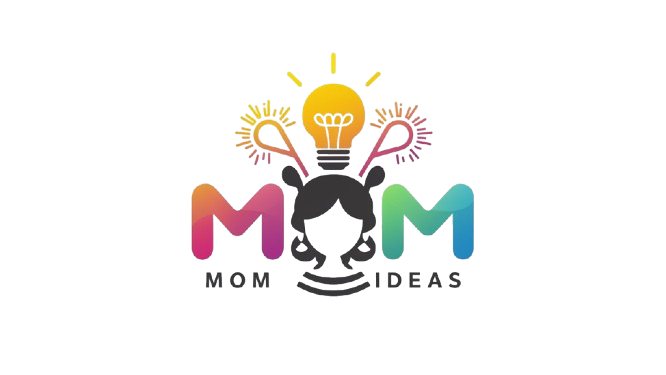There are several cognitive advantages to playing the piano in addition to being a fun pastime. It can raise IQ levels, enhance spatial-temporal abilities, and improve memory, according to studies. Engaging in musical activities, such as in-home piano lessons, stimulates brain health and enhances neural connections, which is beneficial across all age groups. The intricate process of reading music, memorizing notes, and coordinating hand movements engages multiple areas of the brain, leading to enhanced cognitive function.
One study published in the journal Frontiers in Psychology found that musical training can improve cognitive functions, including language-related skills and executive function. These cognitive enhancements make piano practice an appealing activity for both children and adults seeking mental stimulation. Moreover, learning to play the piano at Create More Music has been linked to improved academic performance in children, showcasing its broader educational benefits.
Boosting Emotional Well-Being Through Music
Music has the unique ability to elevate our moods and reduce stress. Playing the piano, in particular, serves as a therapeutic activity that can alleviate anxiety and depression. It’s a form of self-expression that cultivates emotional resilience and boosts self-esteem. The act of creating music allows individuals to process and convey their emotions in a constructive manner, making it an excellent outlet for emotional tension.
According to research from the American Psychological Association, engaging in musical activities can release endorphins, the body’s natural stress relievers. This makes playing an instrument like the piano a beneficial addition to anyone’s mental wellness toolkit. Furthermore, the disciplined practice required to learn the piano can instill a sense of accomplishment and self-worth, contributing to overall emotional health.
Traditional Piano Lessons vs. Online Tutorials
Conventional piano lessons provide immediate feedback and individualized instruction, which is particularly beneficial for novices. Having a professional instructor to correct mistakes in real time accelerates the learning process and ensures a strong foundation. However, with the advent of technology, online tutorials have become increasingly popular. They provide flexibility and accessibility, allowing learners to practice at their own pace and on their own schedule. This adaptability is particularly beneficial for people with busy lives or those who live in remote areas.
Both methods have their pros and cons, but combining them can give the best of both worlds. For example, in-home piano lessons can offer the benefit of personalized instruction, while online resources can provide additional practice material and flexibility. Additionally, online lessons often feature a variety of interactive tools and video demonstrations that can enhance the learning experience. In managing music performance, anxiety can also be managed better with these flexible learning options, making the journey toward mastering the piano less stressful.
Steps to Start Your Piano Journey
- Choose the Right Piano: Whether you opt for an acoustic piano or a digital one, make sure it suits your needs and budget. Acoustic pianos offer a rich, authentic sound, while digital pianos are often more affordable and portable. Consider factors like space and the type of music you want to play when making your choice.
- Book Your First Lesson: Decide between in-person lessons or an online tutorial based on your schedule and learning preference. For example, those with busy schedules might find online lessons more accommodating. Research different instructors and platforms to find the best fit for your learning style.
- Set Up a Practice Routine: Consistency is essential. Dedicate a specific time each day for practice to see steady improvement. Even 20 minutes a day can lead to notable progress over time. Use tools like metronomes and practice apps to stay on track and make the most of your practice sessions.
- Learn Basic Music Theory: Understanding notes, scales, and chords will make learning pieces much easier. Basic music theory provides the foundation upon which you can build more complex skills. Start with easy pieces and gradually move on to more challenging compositions as you become more comfortable with the basics.
The Importance of Consistent Practice
Consistency is crucial when learning to play the piano. Setting aside regular time for practice helps build muscle memory and refine technique. Just 20 minutes a day can make a significant difference in your progress. Structured practice routines help you break down complex pieces into manageable sections, making them easier to learn and master. Reviewing and recording your practice sessions can also give you important information about areas that still require work.
Additionally, structured practice routines help you break down complex pieces into manageable sections, making them easier to learn and master. You can gain important insights into areas that require improvement by recording and assessing your practice sessions. Utilizing tools like practice logs or journals to track your progress can also keep you motivated and show how far you’ve come.
Setting Realistic Goals and Celebrating Progress
Setting achievable goals keeps you motivated. Break down your ultimate objective into smaller, manageable tasks. Whether it’s mastering a new piece or hitting a specific number of practice hours a week, celebrate each milestone. Acknowledging your progress is crucial for maintaining enthusiasm and commitment to learning the piano.
For instance, if your goal is to learn a challenging piece, divide it into smaller sections and celebrate each successful attempt. This approach not only makes the task less daunting but also provides multiple opportunities for positive reinforcement. Keeping a progress journal or sharing your achievements with your musical community can also help maintain your momentum and inspire others.




